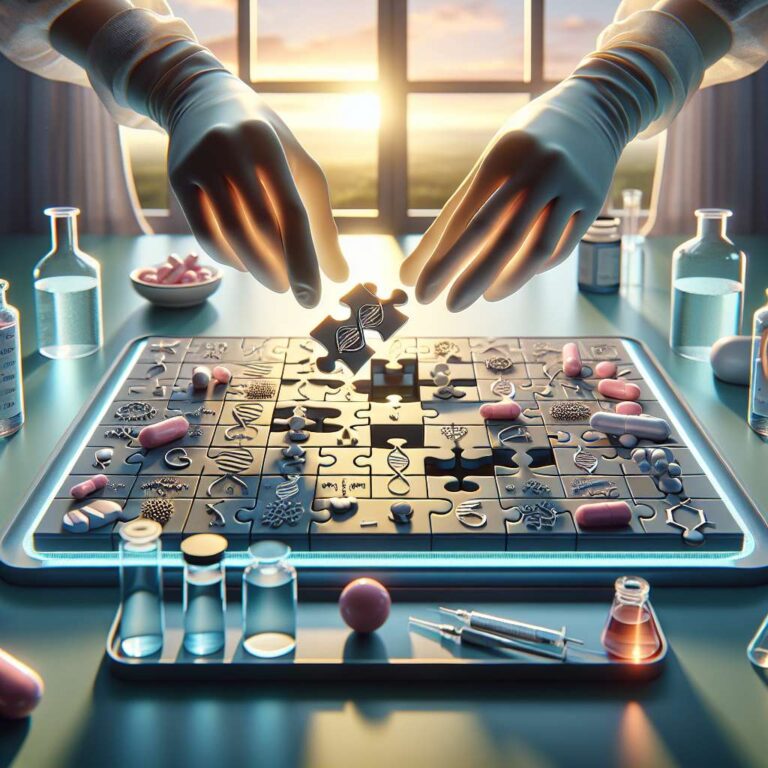Recent advancements in artificial intelligence and machine learning are significantly impacting the biomedical and healthcare sectors, particularly in drug discovery, disease diagnosis, and innovative treatment methods. A new artificial intelligence tool developed by scientists is capable of rapidly decoding the DNA of brain tumors during surgeries, enabling real-time determination of tumor types and potentially improving patient outcomes through faster, more tailored interventions.
Another artificial intelligence system, requiring only minimal data inputs, demonstrates the ability to predict the properties of various molecules. This could expedite the process of drug discovery and accelerate the development of new materials by providing chemical insights with greater efficiency. Beyond drug applications, studies are exploring the immune system, with research indicating altered mitochondrial function in children can lead to weaker antibody responses, influencing susceptibility to infections and guiding targeted medical responses.
In the context of cancer treatments, fecal microbiota transplants from healthy donors have shown promise in enhancing the efficacy of immunotherapy for advanced melanoma patients, as observed in a pioneering clinical trial. Meanwhile, artificial intelligence has also led to the identification of three drugs that may help mitigate the effects of aging, hinting at the potential of digital tools to combat age-related diseases. Research addressing public health concerns found no connection between childhood use of prescription stimulants for attention deficit hyperactivity disorder and later life substance abuse, providing reassurance regarding long-term treatment safety.
Innovations extend to environmental technology, where chemists have devised an electrified process to recycle prevalent plastics like those in soda bottles. In parallel, artificial intelligence is making waves in cognitive science, scoring within the top 1% of humans on creativity benchmark tests — a feat that challenges long-held assumptions about the boundaries between human ingenuity and machine learning. Studies in biodefense and forensic science reveal that biological sex can be determined with high accuracy from hand odor analysis, an emerging method when traditional biometrics fall short.
Further, investigations into the symbiotic relationships between microorganisms reveal that certain bacteria can coexist harmoniously inside fungi if they produce requisite proteins. This discovery expands understanding of microbial ecosystems and may inform future research on ecosystem health or biomedical applications. Collectively, these stories underscore the rapid evolution and far-reaching potential of artificial intelligence and machine learning across scientific and societal domains.

